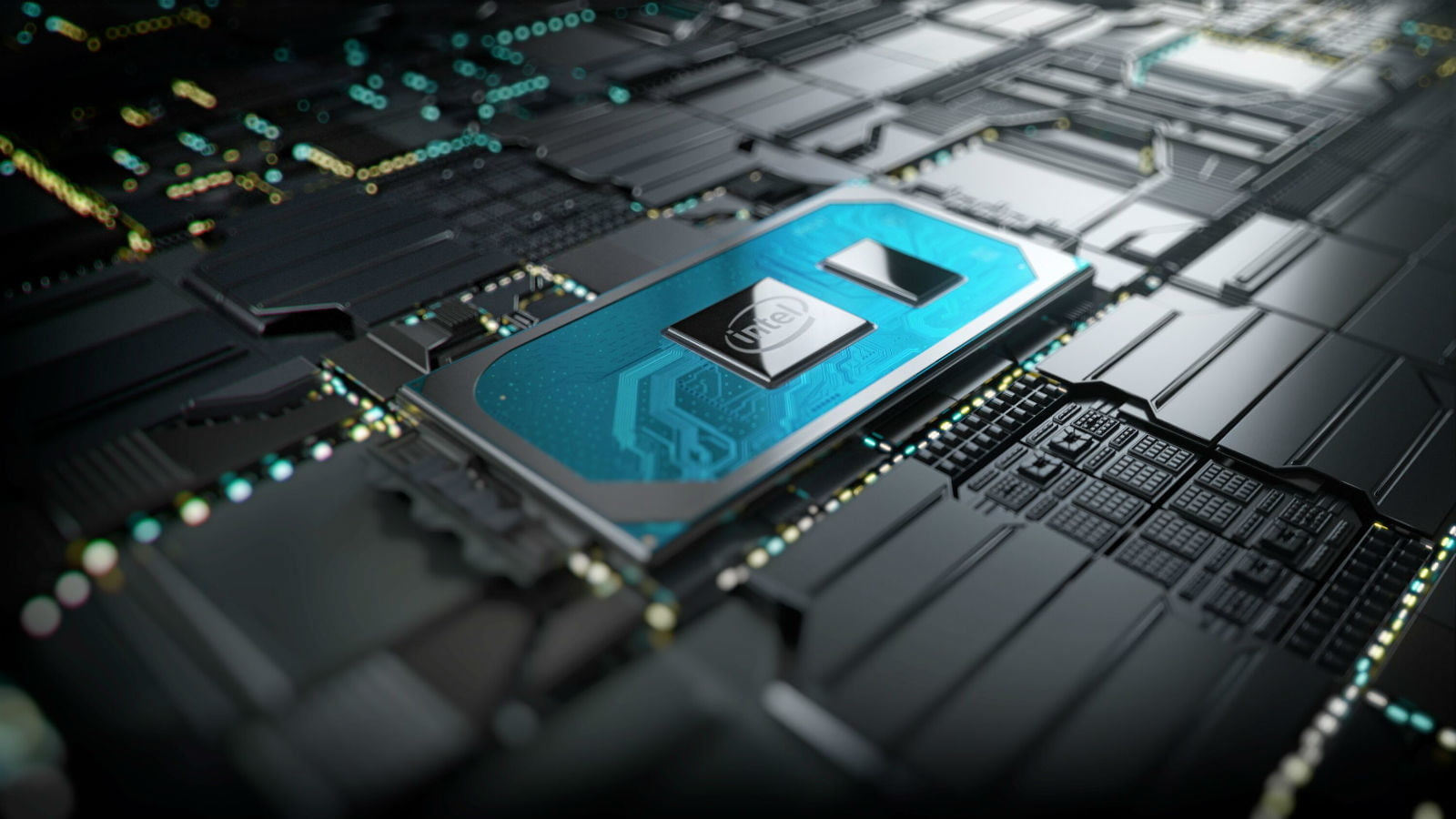Intel Boot Guard keys leak as a result of MSI data breach — what this means for you
Hackers could use leaked keys to bypass Intel’s built-in security features

Here at Tom’s Guide our expert editors are committed to bringing you the best news, reviews and guides to help you stay informed and ahead of the curve!
You are now subscribed
Your newsletter sign-up was successful
Want to add more newsletters?

Daily (Mon-Sun)
Tom's Guide Daily
Sign up to get the latest updates on all of your favorite content! From cutting-edge tech news and the hottest streaming buzz to unbeatable deals on the best products and in-depth reviews, we’ve got you covered.

Weekly on Thursday
Tom's AI Guide
Be AI savvy with your weekly newsletter summing up all the biggest AI news you need to know. Plus, analysis from our AI editor and tips on how to use the latest AI tools!

Weekly on Friday
Tom's iGuide
Unlock the vast world of Apple news straight to your inbox. With coverage on everything from exciting product launches to essential software updates, this is your go-to source for the latest updates on all the best Apple content.

Weekly on Monday
Tom's Streaming Guide
Our weekly newsletter is expertly crafted to immerse you in the world of streaming. Stay updated on the latest releases and our top recommendations across your favorite streaming platforms.
Join the club
Get full access to premium articles, exclusive features and a growing list of member rewards.
Laptops and computers using Intel chips could be at risk after a data breach at MSI which also led to a leak of Intel Boot Guard keys.
Back in March of this year, MSI was attacked by the Money Message ransomware gang that claims to have stolen 1.5TB of data including firmware, source code and databases according to BleepingComputer. The cybercriminal group demanded a ransom of $4 million from the company but when MSI refused to pay up, Money Message began leaking all of this stolen data on its data leak site.
Intel is just one of several companies affected by the data breach and its Boot Guard keys have now been leaked online in the aftermath of the attack. At the moment, the extent of the leak is still unknown but it could lead to serious problems for the chip maker as well as users of its products.
In a post on Twitter, Alex Matrosov, founder and CEO of the security platform Binarly, revealed that Intel Boot Guard keys for 166 different products were leaked as well as FW image signing keys for 57 MSI products. Besides Intel, Lenovo, Supermicro and several other companies are also dealing with fallout from MSI’s data breach.
Bypassing Intel’s built-in security features
For those unfamiliar, Intel’s Boot Guard is a security feature within its hardware that is designed to prevent hackers from loading malicious firmware in the Unified Extensible Firmware Interface (UEFI). This type of malicious firmware is known as UEFI bootkits.
With these leaked Intel Boot Guard keys in hand, hackers could be able to create malware capable of bypassing Intel’s safety features according to GHacks. If this happens, the malicious firmware which loads before the operating system on an infected machine would be able to hide its activities from both the kernel and security software like the best antivirus software. To make matters worse, even if an operating system is reinstalled, this malicious software would remain persistent on an affected machine.
In a statement to BleepingComputer, an Intel spokesperson provided further insight on the situation, saying:
Get instant access to breaking news, the hottest reviews, great deals and helpful tips.
"Intel is aware of these reports and actively investigating. There have been researcher claims that private signing keys are included in the data including MSI OEM Signing Keys for Intel® BootGuard. It should be noted that Intel BootGuard OEM keys are generated by the system manufacturer, and these are not Intel signing keys."
At the moment, there isn’t really much Intel users can do to protect themselves from potential threats but we’ll update this story once we find out more.
More from Tom's Guide
- Google is bringing this once paid security feature to Gmail for free
- These are the best internet security suites for protecting all your devices
- FTC issues warning over urgent emails from PayPal — it’s a phishing scam

Anthony Spadafora is the managing editor for security and home office furniture at Tom’s Guide where he covers everything from data breaches to password managers and the best way to cover your whole home or business with Wi-Fi. He also reviews standing desks, office chairs and other home office accessories with a penchant for building desk setups. Before joining the team, Anthony wrote for ITProPortal while living in Korea and later for TechRadar Pro after moving back to the US. Based in Houston, Texas, when he’s not writing Anthony can be found tinkering with PCs and game consoles, managing cables and upgrading his smart home.
 Club Benefits
Club Benefits










